Synopsis
Seeds need the conditions to right in order to be able to germinate.
- Programme: Bitesize Science
- Channel: BBC Two
- Broadcast year: 2014
- Biology | Reproduction, genetics and evolution | Reproduction | Fertilisation
Licence: ERA Licence required
UK only
Staff and students of licensed education establishments only
Cannot be adapted
Add Notes
More clips from Bitesize Science
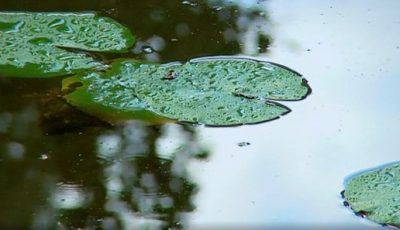
All life needs water | Bitesize Science
All life needs water | Bitesize Science
Osmosis is a special type of diffusion, involving water, where molecules move from a high to a low concentration.
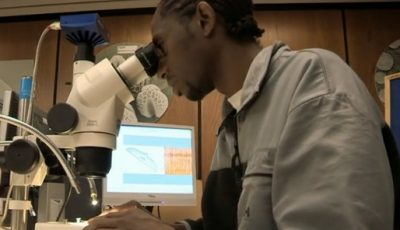
Beneath the surface | Bitesize Science
Beneath the surface | Bitesize Science
Microscopes continue to develop over time, giving us access to increasingly incredible magnification.
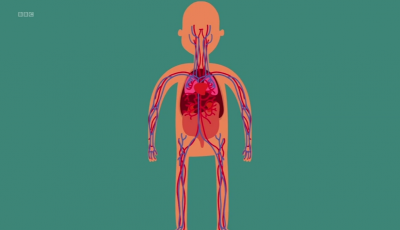
Blood Vessels | Bitesize Science
Blood Vessels | Bitesize Science
A short guide on blood vessels in the body.
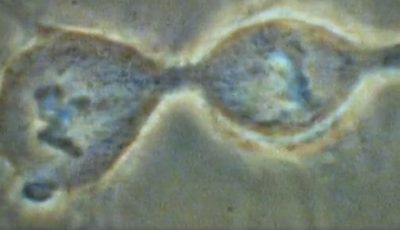
Dance of the chromosomes | Bitesize Science
Dance of the chromosomes | Bitesize Science
Mitosis is a type of cell replication that is essential to the human body's ability to grow and repair.
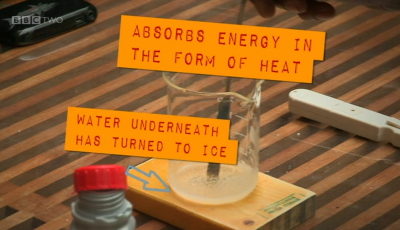
Endothermic and exothermic reactions | Bitesize Science
Endothermic and exothermic reactions | Bitesize Science
Endothermic reactions absorb heat, while exothermic reactions give off heat.
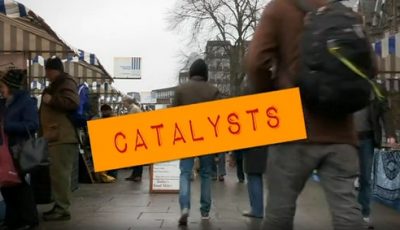
Enzyme power and food as fuel | Bitesize Science
Enzyme power and food as fuel | Bitesize Science
Enzymes are biological catalysts which help us to get the energy we need from food to survive.
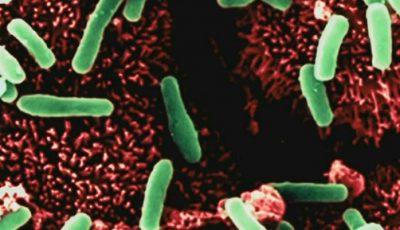
Growing bacteria | Bitesize Science
Growing bacteria | Bitesize Science
Bacteria reproduce by cloning themselves, and in the right conditions can reproduce very quickly.
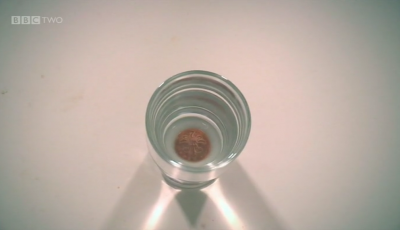
Internal reflection | Bitesize Science
Internal reflection | Bitesize Science
An examination of how light can be internally reflected, and how this is used for carrying information in fibre optic cables.
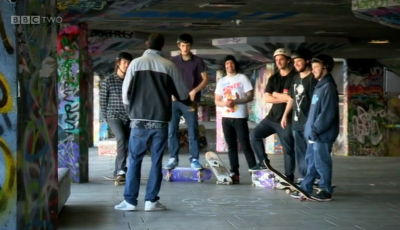
Newtons laws | Bitesize Science
Newtons laws | Bitesize Science
Newton's laws of motion continue to underpin principles in modern day physics.
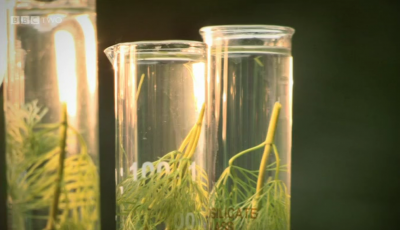
Photosynthisis | Bitesize Science
Photosynthisis | Bitesize Science
Photosynthesis is essential to life on this planet.
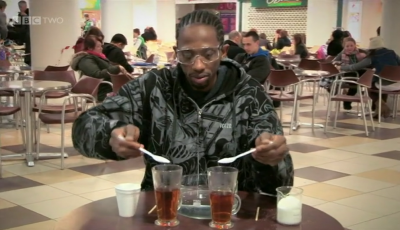
Solubility | Bitesize Science
Solubility | Bitesize Science
Solubility is the measure of how much solute can dissolve in a solvent.
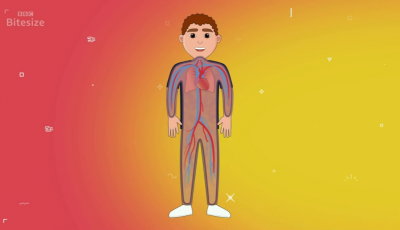
The circulatory system | Bitesize Science
The circulatory system | Bitesize Science
A short guide on the circulatory system.
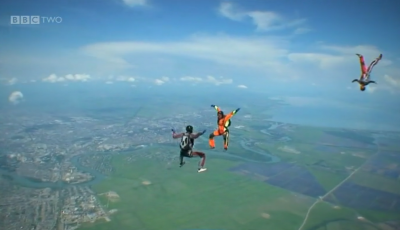
The feather and the hammer | Bitesize Science
The feather and the hammer | Bitesize Science
Air resistance affects different objects and how they fall differently, just as Galileo suggested.
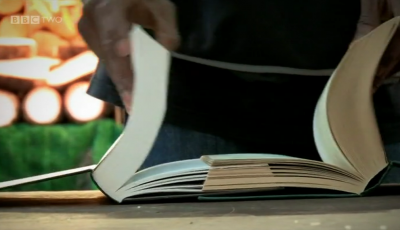
The force of friction | Bitesize Science
The force of friction | Bitesize Science
Any time one surface moves over another, there is a force of friction.
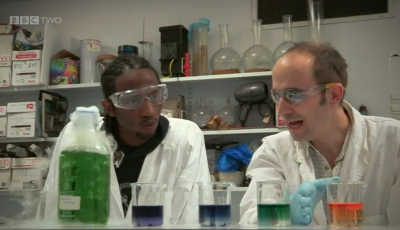
The oceans are changing | Bitesize Science
The oceans are changing | Bitesize Science
Scientists believe that our oceans are becoming more acidic due to the CO2 we are producing being absorbed by the oceans.
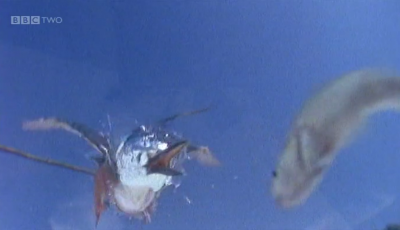
The power of invisibility | Bitesize Science
The power of invisibility | Bitesize Science
Light moves at different speeds through different objects, this can make objects appear in a different place to where they actua...
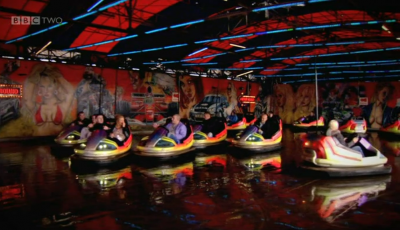
The race is on | Bitesize Science
The race is on | Bitesize Science
The rate of a chemical reaction depends on the temperature, concentration, particle size and any catalysts present.
More resources about Biology
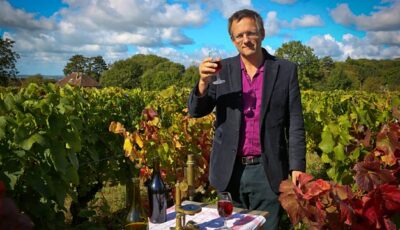
2: Pus | Pain, Pus and Poison: The Search for Modern Medicines
2: Pus | Pain, Pus and Poison: The Search for Modern Medicines
Dr Michael Mosley explores our earliest attempts to tackle infection and how scientists, chemists and doctors ...
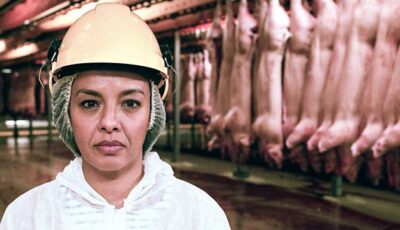
Meat: A Threat to Our Planet?
Meat: A Threat to Our Planet?
From colossal farms in America to the destruction of the Amazon, Liz Bonnin investigates how our hunger for meat is killing our planet.

1: Pain | Pain, Pus and Poison: The Search for Modern Medicines
1: Pain | Pain, Pus and Poison: The Search for Modern Medicines
Michael Mosley discovers what pain is and how we were able to control it with the discovery of morphine at th...
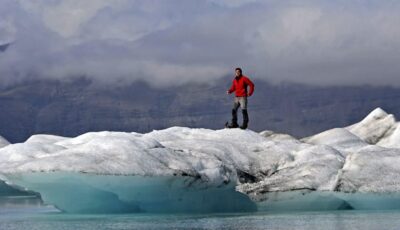
2: Water | How Earth Made Us
2: Water | How Earth Made Us
Professor Iain Stewart continues his epic exploration of how the planet has shaped human history. He investigates how water has influenced the r...
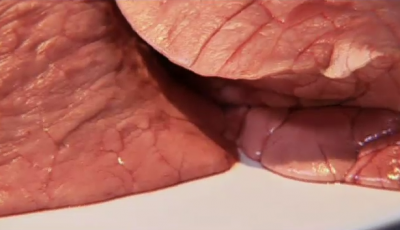
Anatomy of the lungs | Dr Alice Roberts: Don't Die Young
Anatomy of the lungs | Dr Alice Roberts: Don't Die Young
Alice dissects a pigs to demonstrate how our human lungs work.
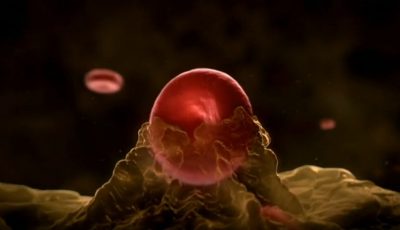
The life cycle of a red blood cell | Inside the Human Body
The life cycle of a red blood cell | Inside the Human Body
Using state-of-the-art graphics, Michael Mosley shows the journey of a red blood cell through the body.
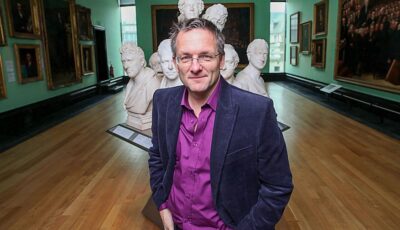
1: Creation | Inside the Human Body
1: Creation | Inside the Human Body
Using state-of-the-art graphics, Michael Mosley shows the sequence of biological events that lead to human birth.

The establishment of Germ Theory | The Cell
The establishment of Germ Theory | The Cell
This clip explores the revolutionary discovery that diseases are caused by microscopic organisms rather than spontaneous generati...
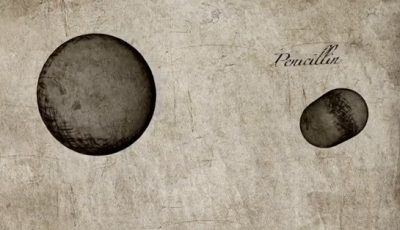
Discovery of penicillin | Pain, Pus and Poison: The Search for Modern Medicine
Discovery of penicillin | Pain, Pus and Poison: The Search for Modern Medicine
Fleming initially discovered the antibacterial properties of mould that would lead to the disc...

Microbes | Science In Action
Microbes | Science In Action
Lively real-life situations demonstrating the science in everyday life.
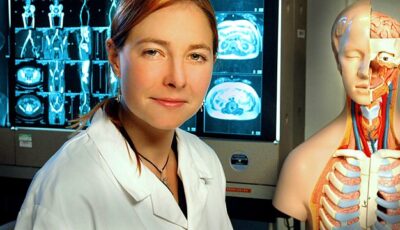
S1E2: Lungs | Dr Alice Roberts: Don't Die Young
S1E2: Lungs | Dr Alice Roberts: Don't Die Young
Health documentary series with anatomist Dr Alice Roberts. Shock tactics are deployed to make one confirmed smoker realise ju...

The theory of evolution | Short Circuit
The theory of evolution | Short Circuit
Bringing chemistry, physics and biology to life using real-life examples, 3D graphics and practical experiments.
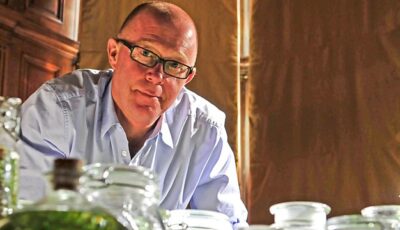
2: Photosynthesis | Botany: A Blooming History
2: Photosynthesis | Botany: A Blooming History
The air we breathe, and all the food we eat, is created from water, sunlight, carbon dioxide and a few minerals. That's it, no...
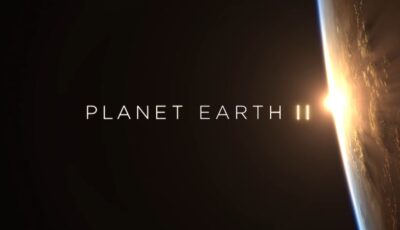
4: Deserts | Planet Earth II
4: Deserts | Planet Earth II
The world's deserts force animals to come up with ingenious ways of coping with hostile conditions, giving rise to the most incredible survival ...
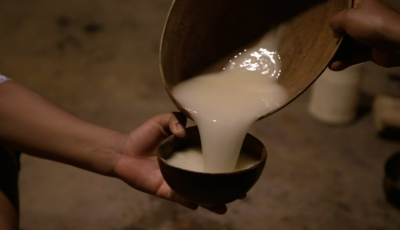
Alcohol and the brain | The Secrets of Your Food
Alcohol and the brain | The Secrets of Your Food
Michael explains what happens to the brain when we drink alcohol.
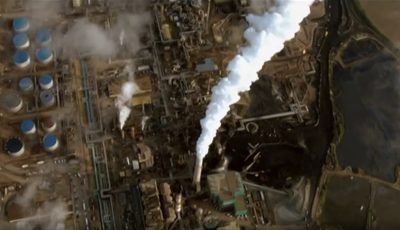
Greenhouse Gases | Climate Change: The Facts
Greenhouse Gases | Climate Change: The Facts
A discussion of the devastating impact of burning fossil fuels.
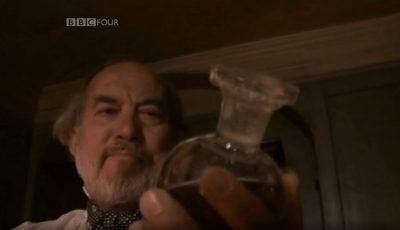
Robert Koch & cholera | Medical Mavericks
Robert Koch & cholera | Medical Mavericks
Dr Michael Mosley discusses Robert Koch's cultivation of cholera bacteria.
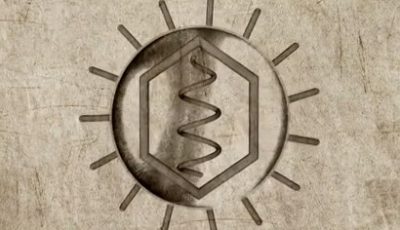
Viruses and vaccines | Pain, Pus and Poison: The Search for Modern Medicine
Viruses and vaccines | Pain, Pus and Poison: The Search for Modern Medicine
The discovery of vaccines has helped scientists to tackle a variety of viruses.

4: Hostile World | Inside the Human Body
4: Hostile World | Inside the Human Body
Michael Mosley reveals how the body defends itself, and the innovations behind a hand transplant operation.
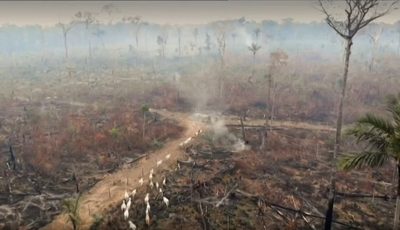
Amazon deforestation | Meat: A Threat to Our Planet?
Amazon deforestation | Meat: A Threat to Our Planet?
Liz Bonnin witnesses the devastation of the Amazon rainforest from the sky.
